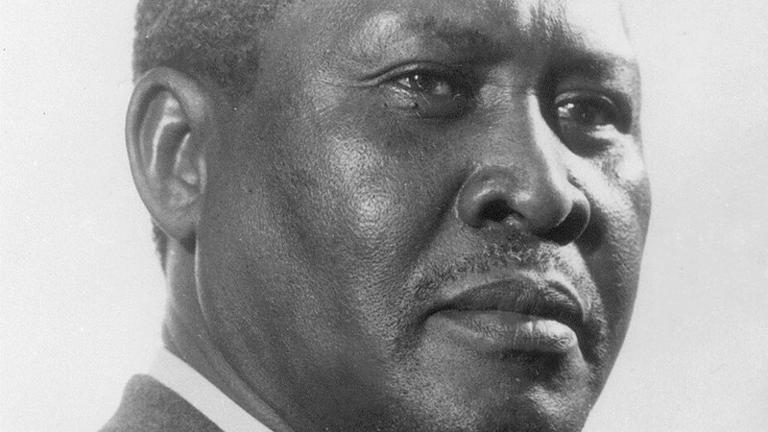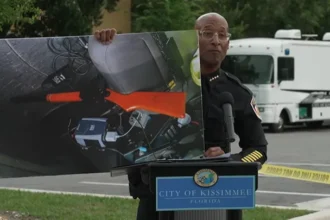Nearly six decades after the death of Chief Albert Luthuli, South Africa has reopened an official inquest into the passing of the country’s first Nobel Peace Prize winner, a towering figure in the fight against apartheid.
In 1967, an initial inquiry claimed Luthuli died after being struck by a train while walking along railway tracks near his home in Groutville, KwaZulu-Natal. But now, his family and activists believe the truth may finally come to light.
“The first investigation was a whitewash meant to protect the apartheid government,” said his grandson Sandile Luthuli. “We hope this time the truth will be heard — and justice will be done.”
Luthuli was the president of the then-banned African National Congress (ANC) at the time of his death and had won the Nobel Peace Prize in 1960 for his leadership in non-violent resistance against apartheid. Due to a government ban, he was under tight restrictions and not allowed to travel or participate in politics.

READ ALSO: Wisconsin Teen Accused of Killing Parents Allegedly Targeted President Trump
The National Prosecuting Authority (NPA) said it would present new evidence in court in hopes of overturning the original 1967 findings. While the exact details of this evidence haven’t been made public, the move has renewed hopes of accountability.
Luthuli’s family says they want two things from the new inquest: clarity on how he truly died — and accountability, if foul play was involved.
The case is part of a broader national reckoning. A second high-profile inquest into the death of anti-apartheid lawyer Mlungisi Griffiths Mxenge in 1981 is also being revisited. Mxenge was brutally killed by apartheid operatives, though many suspects later received amnesty.
“We’ve waited decades,” said another of Luthuli’s grandsons, Albert Mthunzi Luthuli. “It’s time the truth replaces the lies we were told.”
With the inquest expected to last nearly a month, many in South Africa hope the proceedings will not only correct the history books — but bring long-overdue peace to families who have waited far too long.















